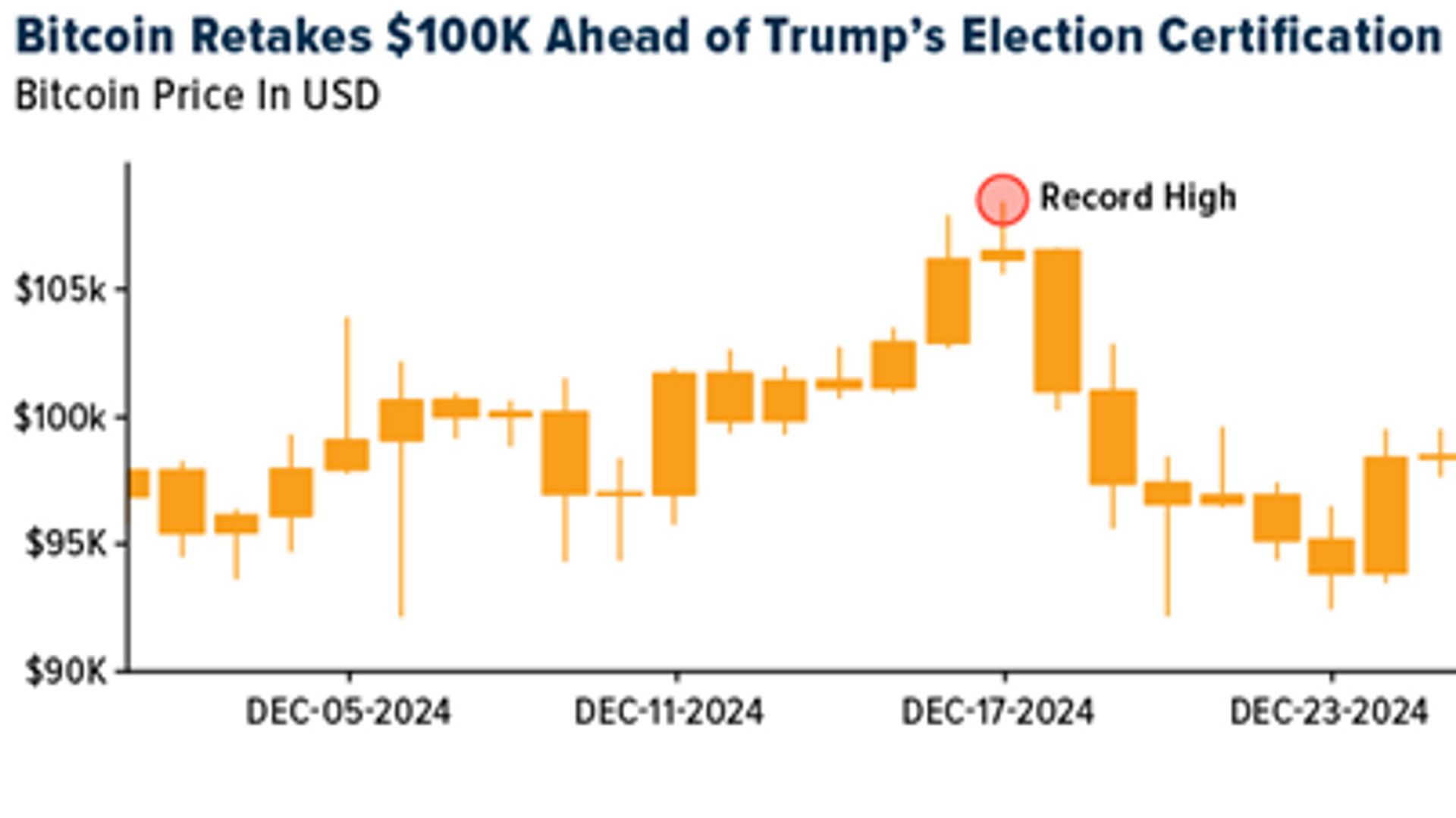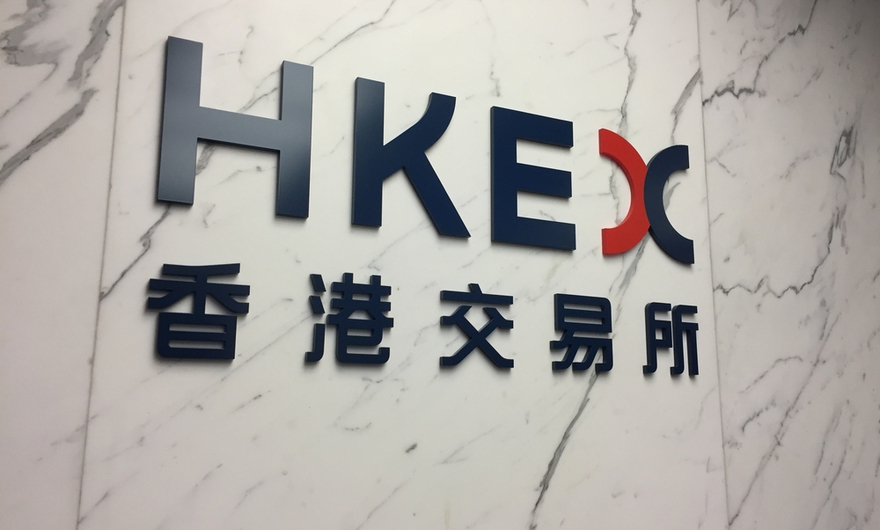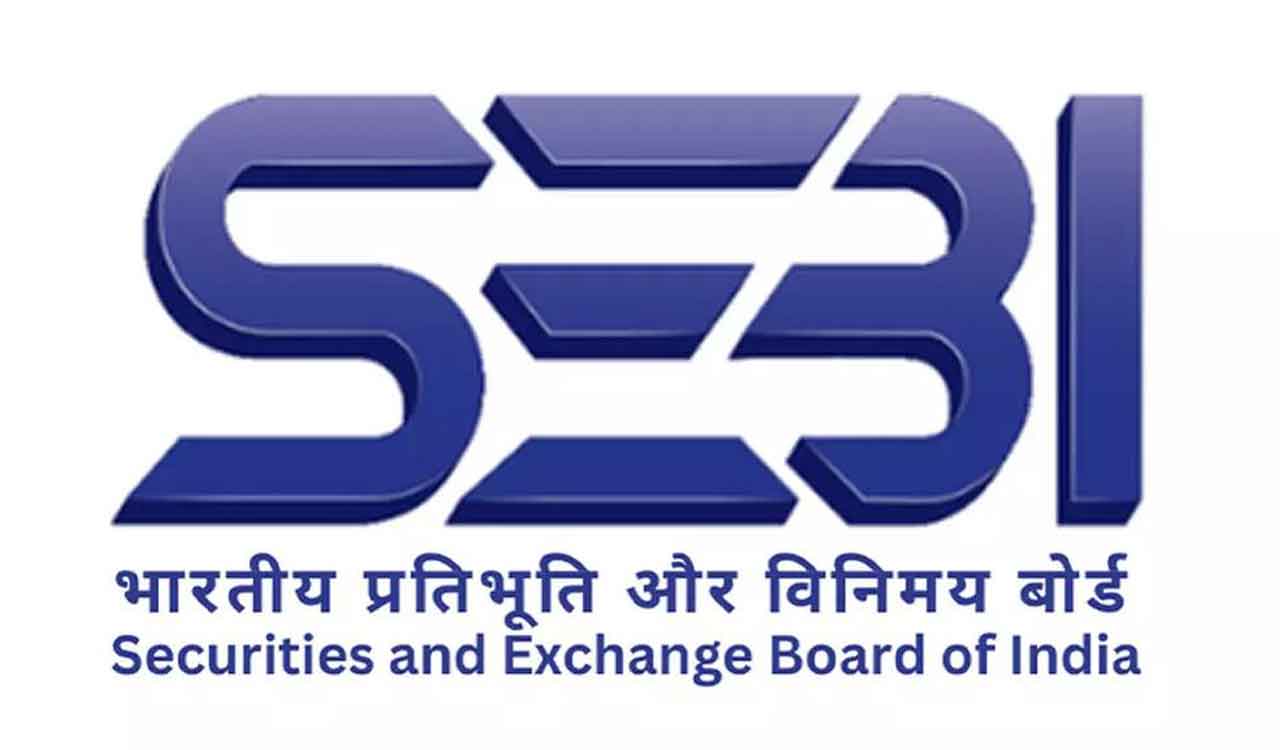While the Securities and Exchange Board of India has approved some initiatives that are set to take effect, it is still reviewing others, signaling that 2025 will likely be a dynamic year for investors, businesses, and regulators. Proposals under review include those on sustainable finance frameworks, digital platforms, angel funds, clearing corporation ownership, and easier algorithmic trading accessibility for retail investors.
The changes come with the possibility of changes at the helm of the regulator, with current chief Madhabi Puri Buch’s tenure ending in February, and the three-year terms of whole-time members Ashwani Bhatia and Ananth Narayan G set to end in June and August, respectively.
Norms that will take effect in 2025 include the Mutual Fund Lite regulations, starting 16 March. This is expected to reduce the regulatory burden for passively managed funds by setting a minimum net worth of ₹35 crore for asset management companies and additional requirements for their sound track record and liquid net worth.
According to Sebi, a sound track record means being profitable in three of the five preceding years, including the fifth year, an average net profit of ₹5 crore over the five years, and a positive net worth in each of the five preceding years,Mint reported on 17 December.
Then there are the Specialized Investment Fund (SIF) Regulations, which come into force on 1 April. This new asset class is aimed at bridging the gap between mutual funds and portfolio management services and will enable mutual funds to offer advanced strategies to high-net-worth individuals (HNIs) and accredited investors with a minimum investment of ₹10 lakh.
In the derivatives segment, the exchanges will have to remove the calendar spread benefit on expiry day from 1 February. Other measures like intraday monitoring of position limits will be effective from 1 April and upfront collection of option premiums from buyers from 1 February.
Challenges ahead
Sebi is tightening regulations on financial influencers, clarifying that regulated entities cannot associate with unregistered content creators offering securities advice. Regulated entities must terminate existing contracts with unregistered financial advisers by January 2025.
Experts said they foresee several challenges for Sebi and market participants, including tighter norms for initial public offerings by small and medium enterprises, the push for enhanced retail investor protection, and attempts to improve regulatory coordination to maintain market stability. As Sebi adapts to these challenges, experts said there will be a need for continuous attention to cybersecurity risks, compliance issues, and inter-regulatory coordination.
Ravi Prakash, associate partner at Corporate Professionals, expects significant regulatory changes in 2025, including the broader application of the Sebi (Prohibition of Unexplained Suspicious Trading Activities in the Securities Market) Regulations with refinements for proportional enforcement, and stricter compliance for algorithmic trading to prevent misuse.
He anticipates increased responsibility for AI tools used by market infrastructure institutions and fund managers, along with tighter SME IPO norms for greater transparency.
Others see Sebi tightening the screws in several areas.
Jyoti Prakash Gadia, managing director at Resurgent India, said more stringent disclosure and reporting rules from Sebi are expected in 2025, considering the instances of misreporting and fraudulent disclosures.
“The derivatives and other synthetic financial instruments which involve greater risks need to be tracked more comprehensively and further steps in this direction are expected,” he said.
Gadia said that in matters such as securitisation of debt, infrastructure investment trusts, and real estate investment trusts, the Reserve Bank of India and Sebi need to have well-aligned policies and procedures.
Some of the proposals still under review by Sebi include those with a focus on sustainable finance to meet the 17 Sustainable Developments Goals. Sebi has proposed frameworks for social bonds, sustainability-linked bonds, and sustainable securitised debt instruments, which will complement the existing green debt securities framework. Issuers would be required to appoint independent reviewers for transparency.
Sebi is also focusing on digital platforms, proposing a framework to recognise Specified Digital Platforms (SDPs) to prevent illegal activities like unregistered financial advice.
Additionally, Sebi is considering reforms to angel funds, including reducing the minimum investment per startup to ₹10 lakh from ₹25 lakh and shortening the lock-in period. Sebi is exploring changes to the ownership structure of clearing corporations, allowing stock exchanges to hold 51% of shares while the remaining 49% is distributed to reduce conflicts of interest.
Lastly, Sebi is working to make algorithmic trading more accessible to retail investors by allowing licensed brokers to register algorithms on their behalf.
Global protocols
Shruti Jain, chief strategy officer at Arihant Capital Markets, highlighted the potential legal challenges and litigation risks for financial market entities facing challenges in compliance with global data security protocols, particularly considering increasing cyberattacks and stricter laws like the General Data Protection Regulation of the European Union, which governs how personal data is collected, processed, and transferred.
“Cross-border operations may become more complex due to overlapping or conflicting regulations, potentially resulting in disputes with regulators or legal action,” she said.
Some said 2025 could be a year when regulators would work more closely with each other so that areas of overlapping regulations can be curbed. According to Ketan Dalal, managing director at Katalyst Advisors, for banks, non-banking financial companies and insurance companies, the overlap between different regulators has made the compliance burden extremely high.
“There is a need for a much more interconnected and inter-regulatory approach with a view to reducing the compliance burden, without sacrificing minority shareholder interest,” Dalal said.









Leave a Reply